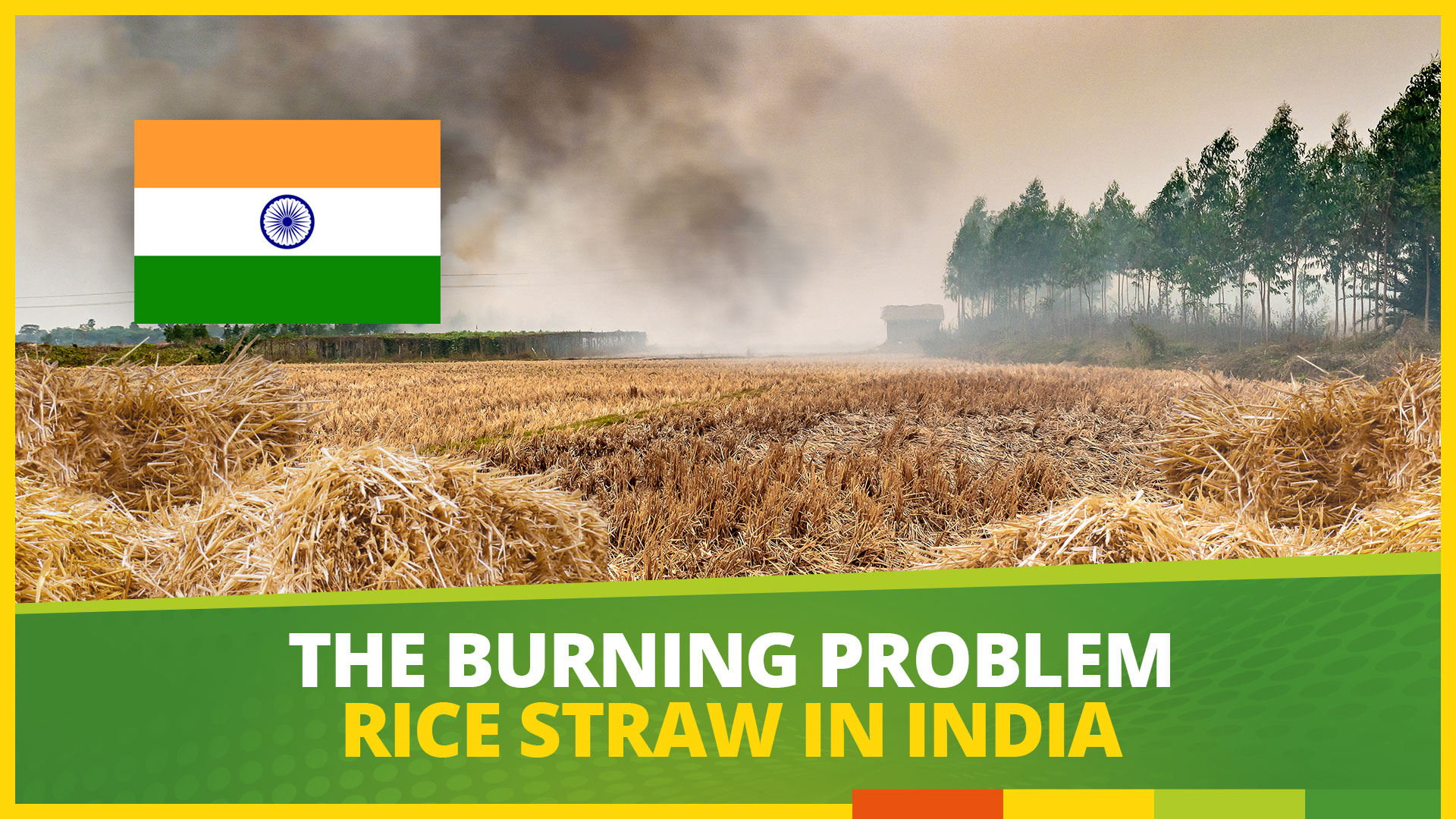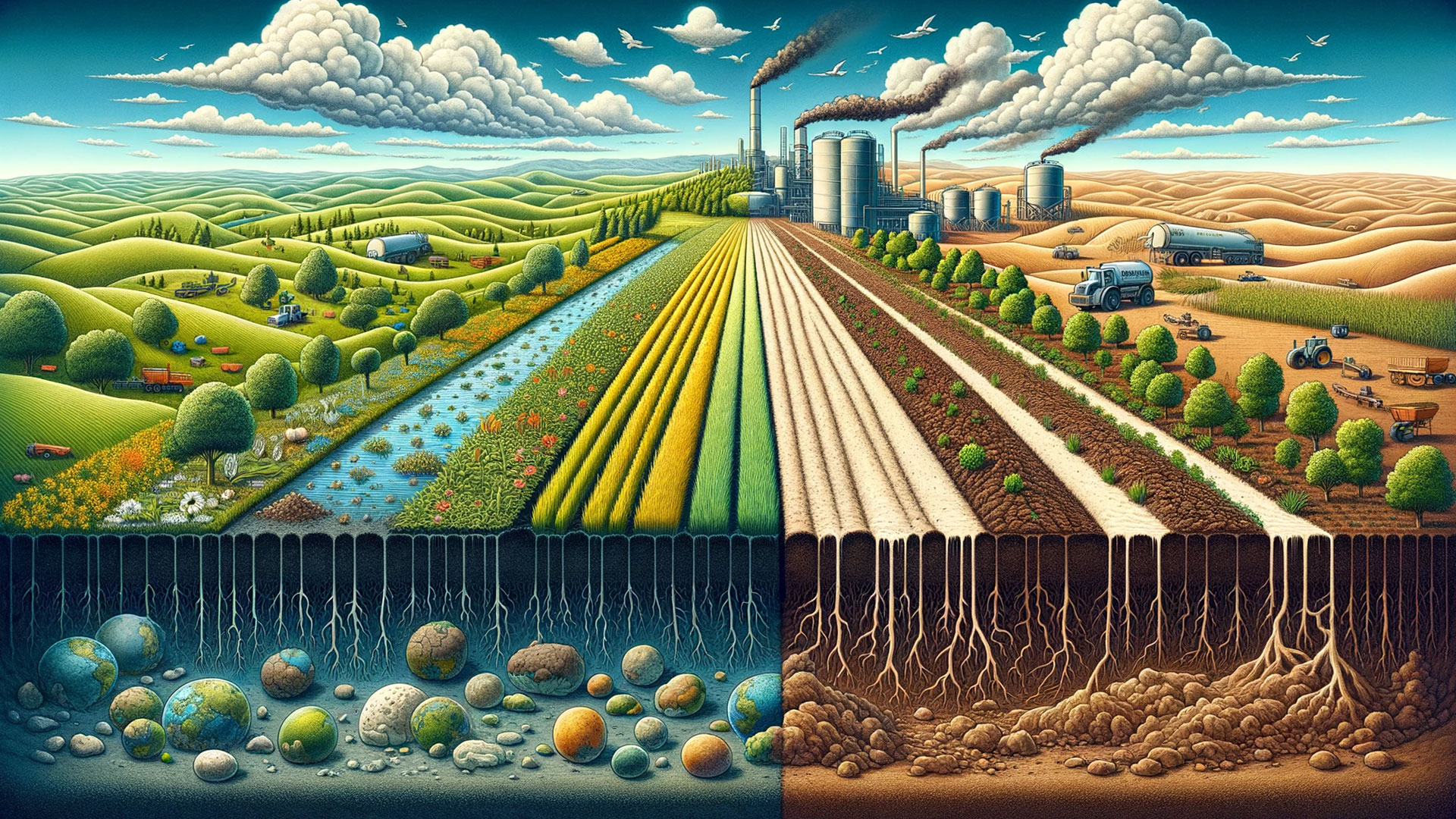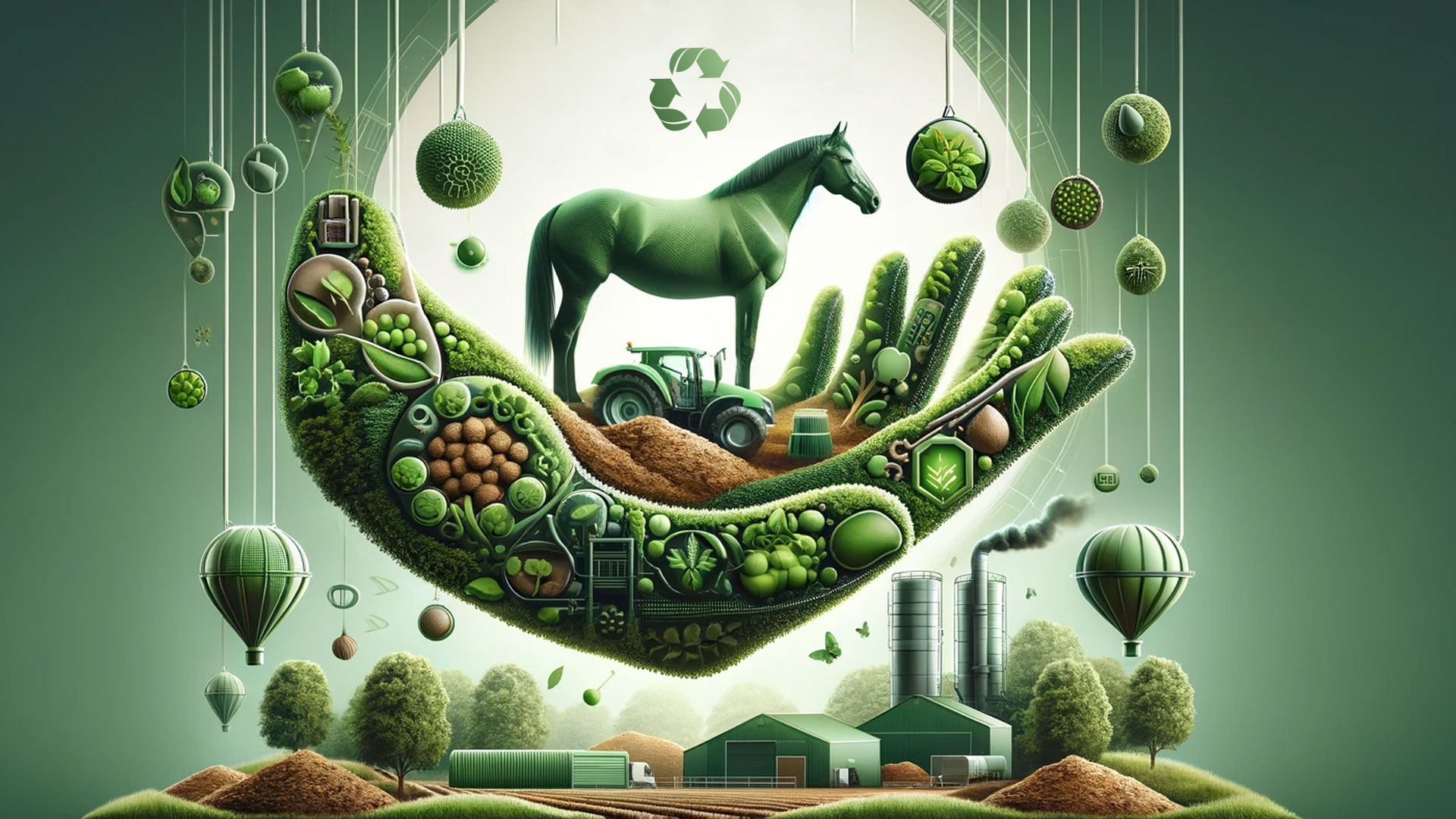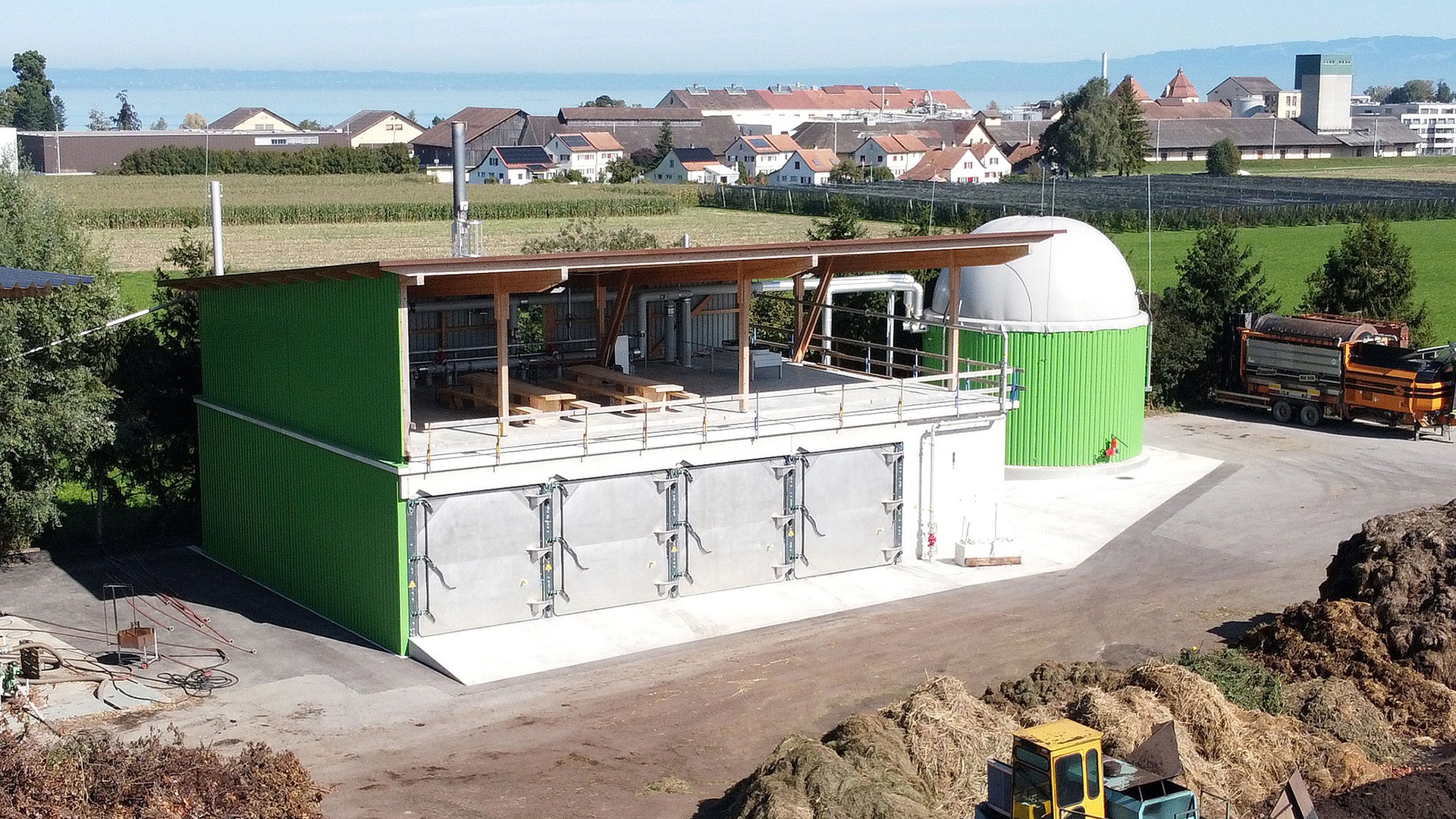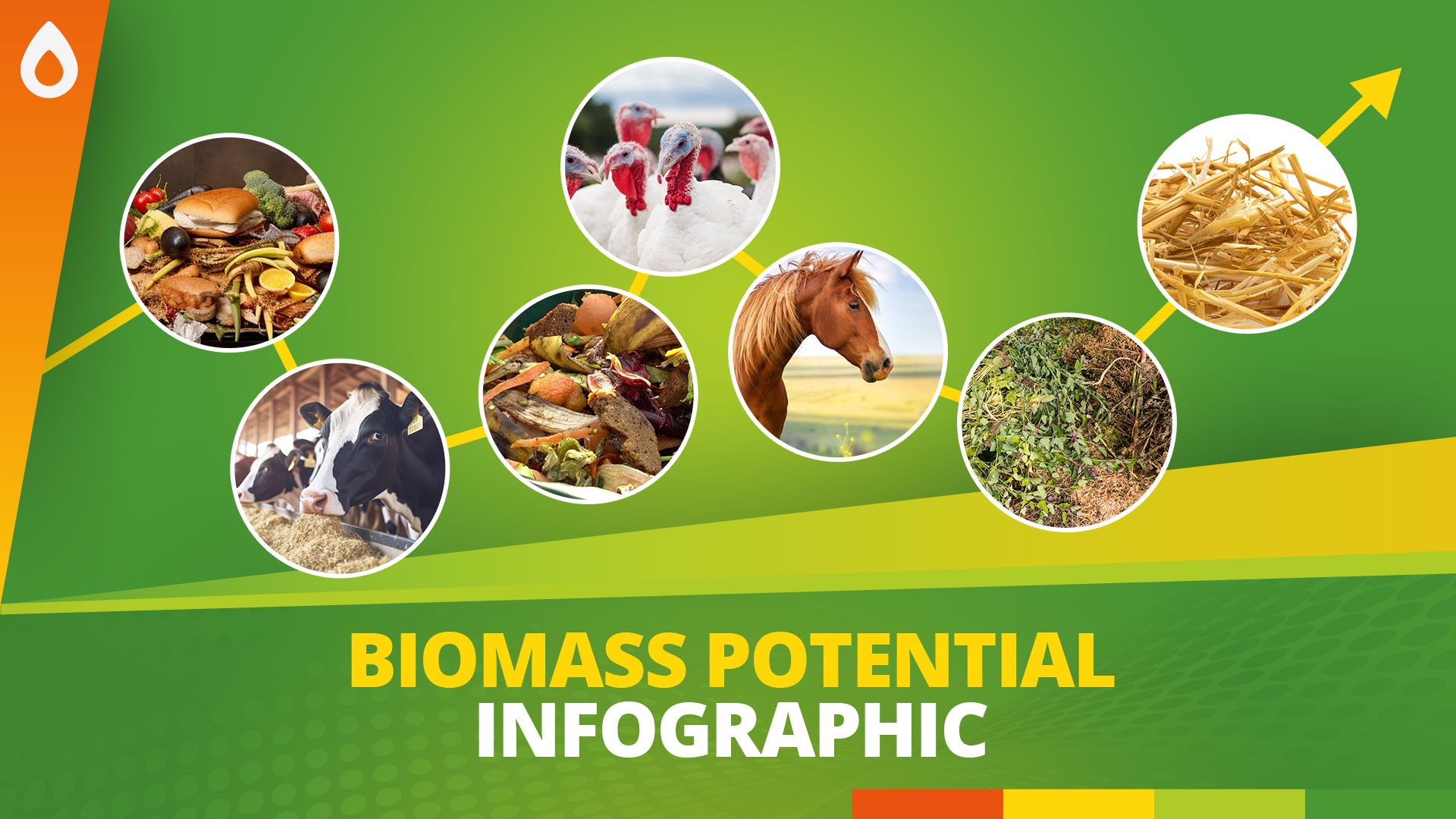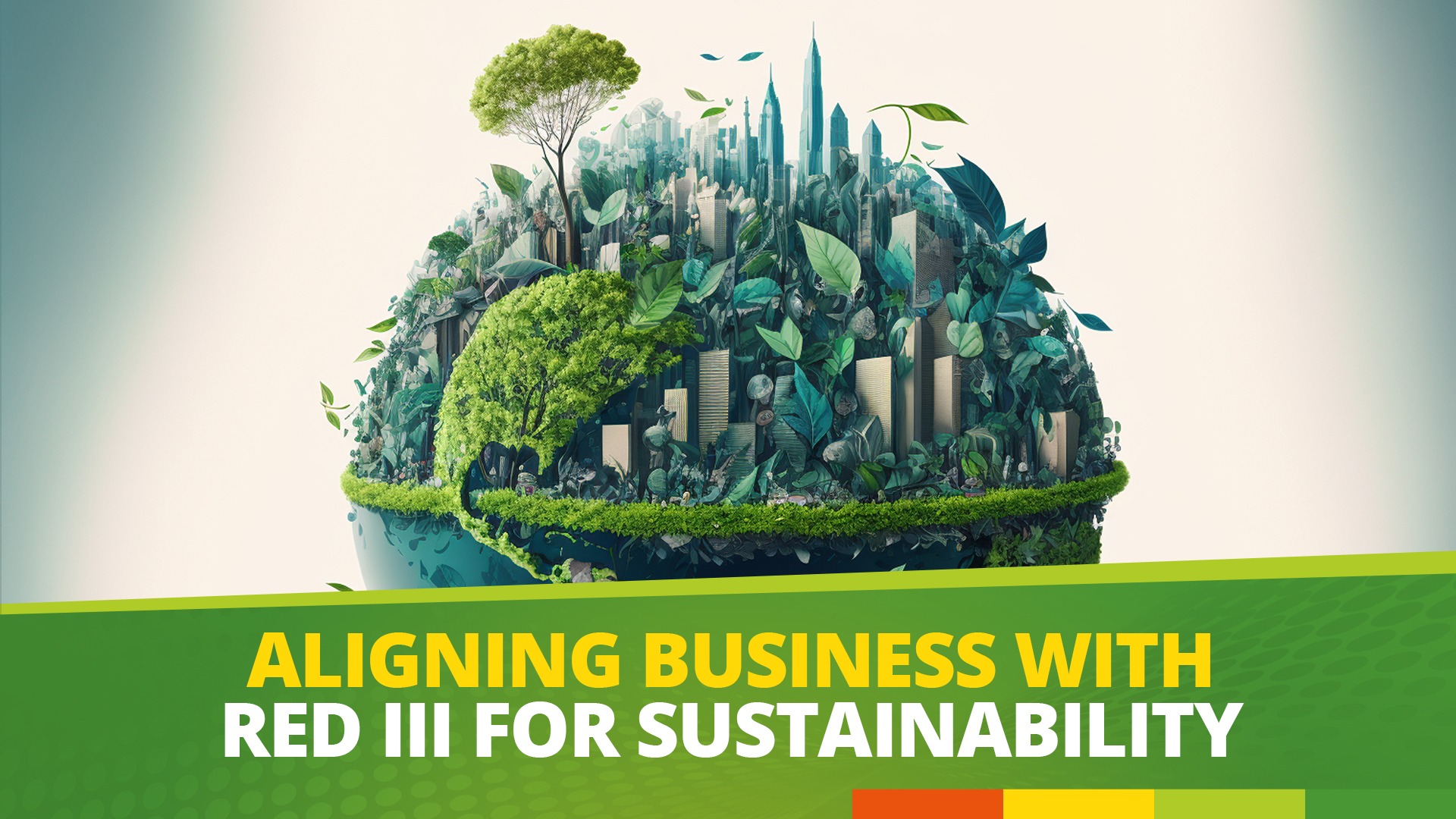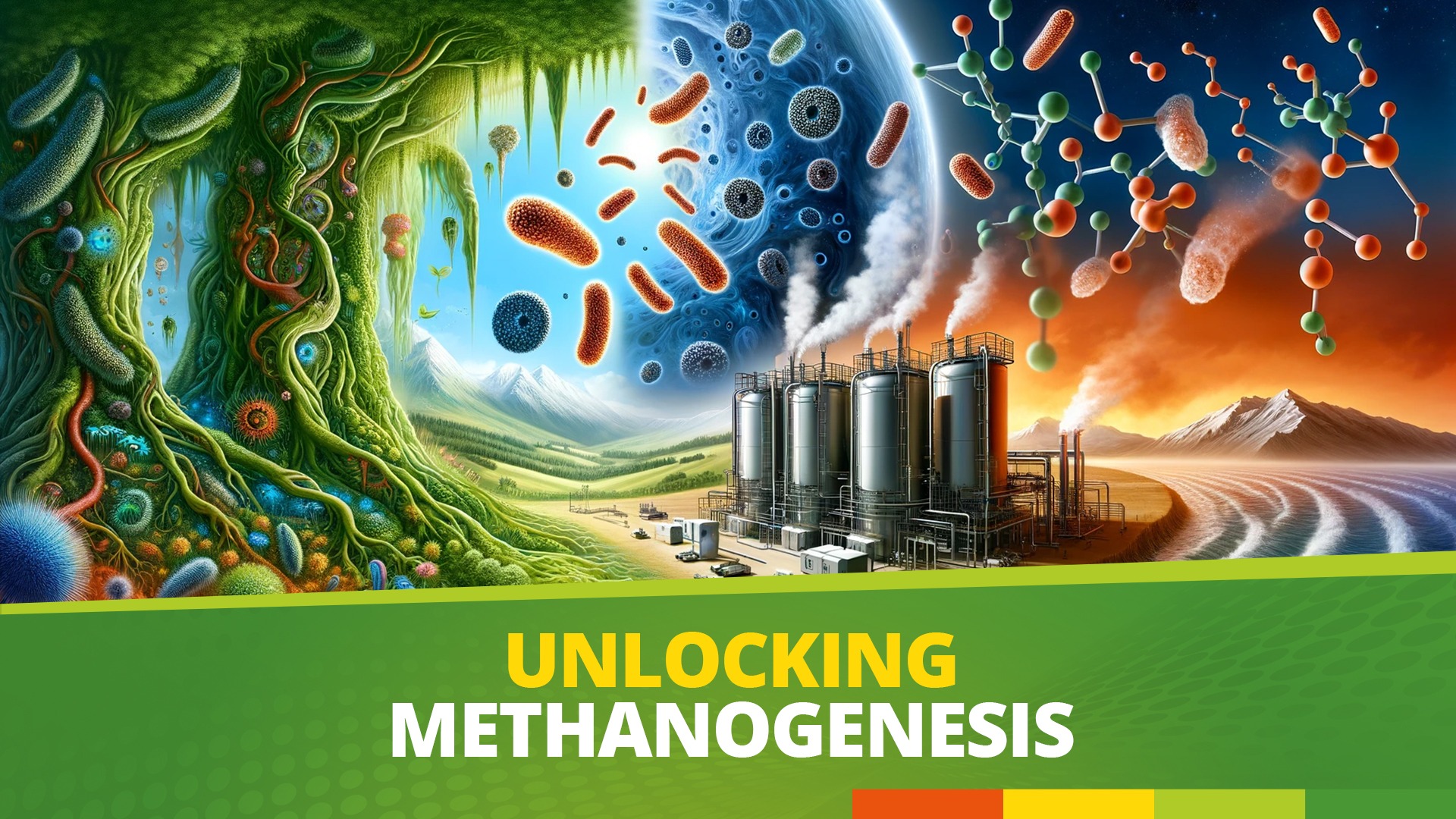Open-field rice-straw burning has long been a major environmental concern in India, causing severe air pollution, greenhouse gas emissions, soil degradation, and health hazards. With the staggering statistic of 126 million tons of straw produced annually in India, of which 60 percent ends up being burnt, the problem has reached alarming proportions. However, there is a sustainable solution at hand – biogas production. In this article, we will explore how utilizing biogas can mitigate the adverse effects of rice-straw burning and provide a cleaner, greener future for India.
The Rice-Straw Burning Challenge
Each year, India contributes a significant 126 million tons to the global straw production, which, when left unattended, becomes a ticking time bomb for the environment. Open-field burning of rice straw results in the release of 7,300 kg of carbon dioxide equivalent per hectare, contributing to the country’s air pollution woes. Furthermore, this practice leads to soil nutrient depletion, loss of biodiversity, and poses serious health risks to the population.
Biogas: An Eco-Friendly Solution
To combat the devastating consequences of rice-straw burning, India has an ace up its sleeve – biogas production. Biogas, derived from animal excrement and organic waste, offers a sustainable alternative to the destructive act of straw burning. It not only provides clean energy but also addresses several pressing issues plaguing the country.
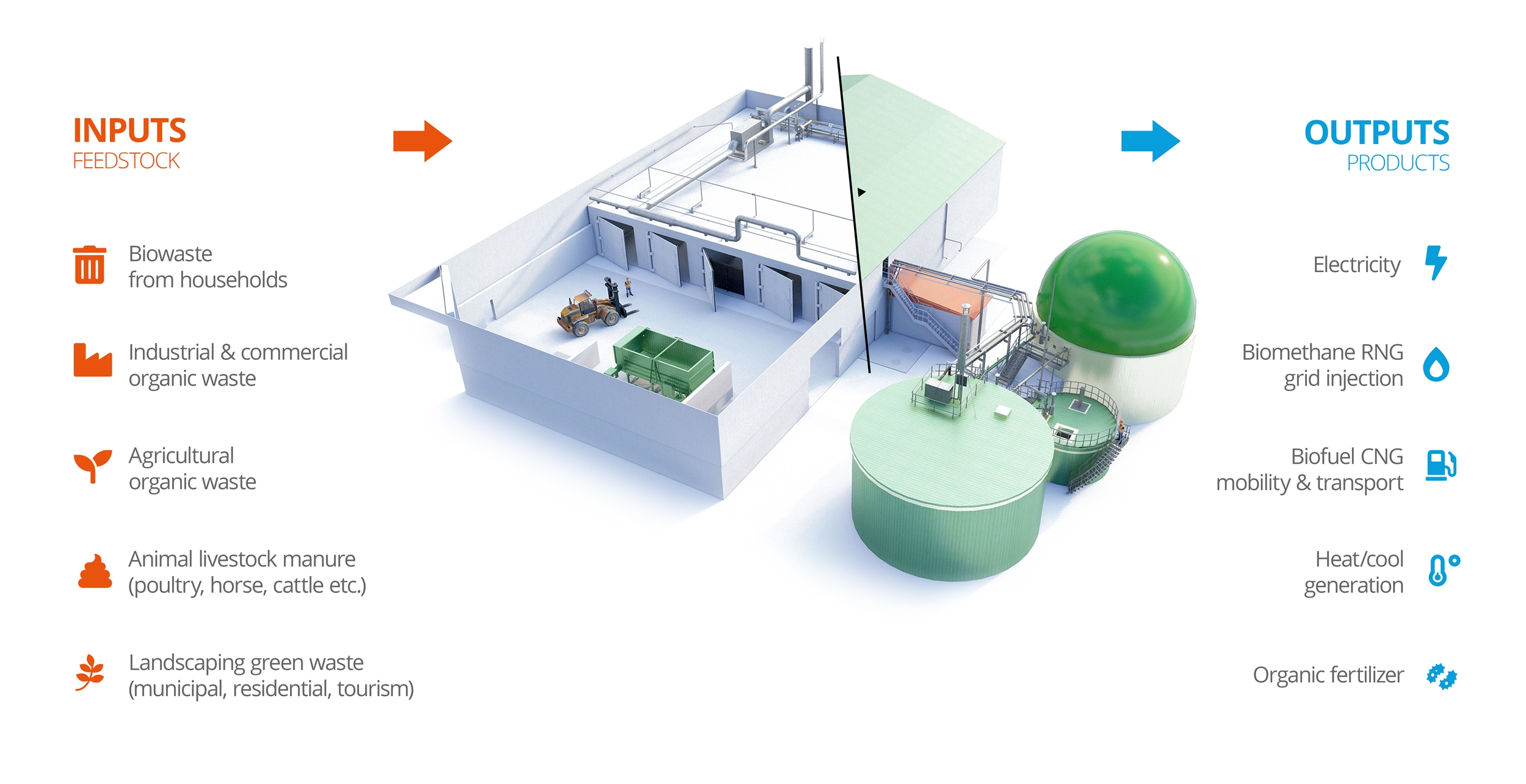
Energetic Use of Biogas
India boasts the world’s largest cattle population, generating substantial amounts of dung daily. This resource has remained largely untapped for energy production. Biogas can be the game-changer in this regard. While liquid fermentation projects have been implemented, they are water-intensive and contribute to groundwater depletion, particularly during dry seasons.
A more water-efficient alternative is solid matter or dry digestion, a method still underutilized in India for biogas production. Initiatives like the one in the Patiala region, supported by REPIC, are now promoting the installation of solid waste digestion plants. These plants break down cow dung into biogas, leaving fermentation residues that can serve as valuable fertilizers. What’s remarkable is that these plants require minimal water, which helps conserve this precious resource.
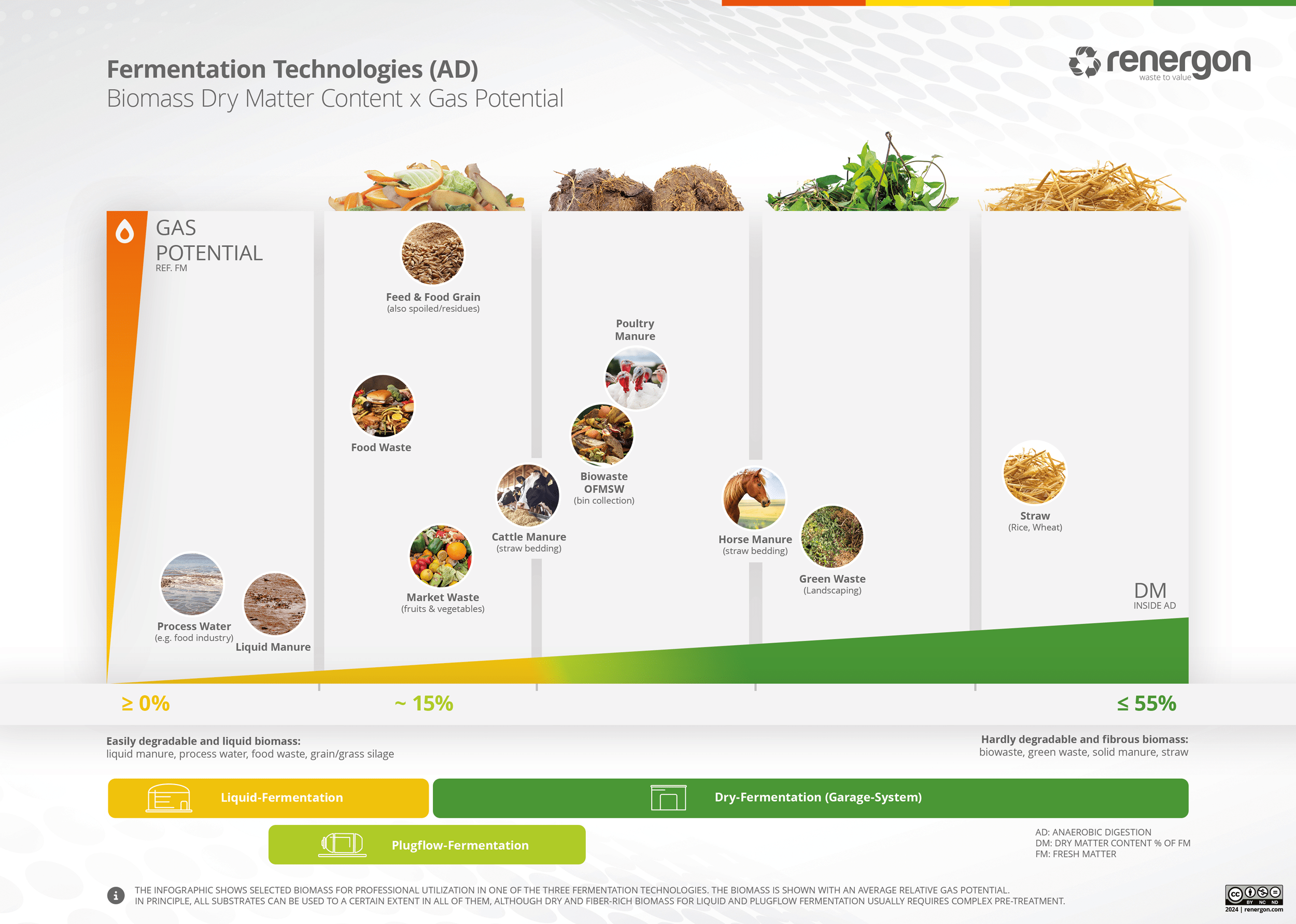
A Ray of Hope for Rice Straw Residues
A pioneering biogas project in India involves installing a solid matter fermentation plant on a dairy farm. Here, cow dung is converted into biogas, and the remaining fermentation residues are used as fertilizer. The biogas is then processed into bio-CNG, containing 90-95% methane, and bottled for various applications. This technology also has the potential to harness the leftover residues from rice harvests, preventing their harmful burning and soil degradation.
Advantages of Biogas Projects in India
- Access to Cheap and Clean Energy: Biogas projects provide a reliable source of clean energy,
reducing dependence on fossil fuels and lowering energy costs. - Conservation of Water Resources: Unlike liquid fermentation, solid digestion biogas plants
require minimal water, contributing to water conservation. - Improved Air Quality and Hygiene: By curbing open-field burning, biogas projects help reduce air pollution,
promoting better health and hygiene standards. - Valuable Fertilizer and Compost Production: The fermentation residues from biogas plants
serve as nutrient-rich fertilizers and composts, enhancing soil quality.
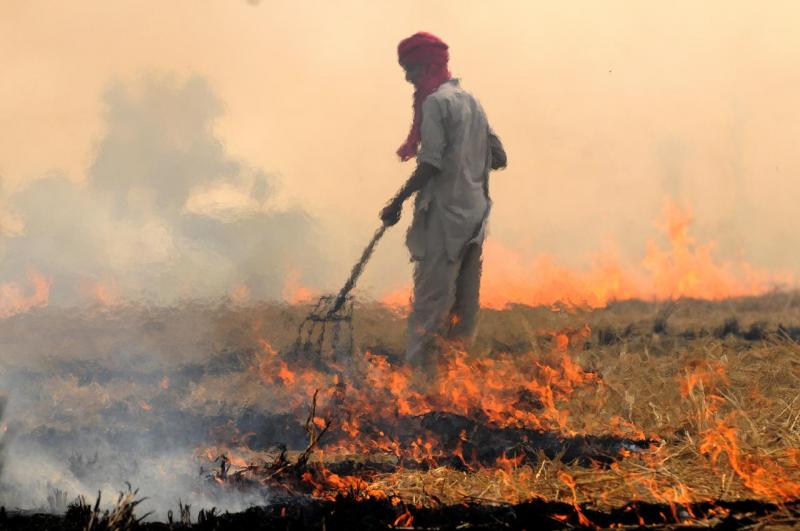
A Brighter Future with Dry Anaerobic Digestion
The success of biogas projects in India has been made possible through collaborative efforts. One such partnership involves BioShakti (India) and Renergon (Switzerland), supported by a REPIC grant from the Swiss federal government. Their initiative in Patiala, Punjab, addresses the alarming rate of rice straw burning in the region.
In Patiala, a solid waste fermentation plant is being developed to co-treat cattle manure and rice straw using Renergon’s solid waste fermentation system. This innovative approach eliminates the need for a liquid substrate, significantly reducing water usage. Rice straw inclusion in the fermentation process not only prevents field burning but also leads to substantial air quality improvements.
Biogas in India: A Conclusion
Open-field rice-straw burning in India has been a long-standing environmental crisis, causing severe air pollution, greenhouse gas emissions, and health hazards. However, the introduction of biogas production, especially through dry anaerobic digestion technology, offers a sustainable solution to this pressing issue. By conserving water resources, improving air quality, and generating clean energy, these biogas projects represent a beacon of hope for a greener, healthier India. Collaborative efforts and innovative initiatives like those in Patiala, Punjab, pave the way for a brighter and more sustainable future. It’s time to turn the tide against rice-straw burning and embrace biogas as a cleaner, eco-friendly alternative.
The potential of biogas in agricultural regions of India is nothing short of revolutionary. With vast amounts of organic waste generated from animal dung, crop residues, and agricultural byproducts, biogas technology offers a sustainable and eco-friendly solution. It not only provides a clean and affordable source of energy but also addresses critical environmental issues such as air pollution, greenhouse gas emissions, and soil degradation. By harnessing the power of biogas, farmers can transform their waste into valuable resources like biofuel, organic fertilizer and compost, enriching their soil and improving agricultural productivity. Moreover, biogas production reduces the dependency on fossil fuels, mitigates climate change, and promotes a greener and healthier future for agricultural communities across India.
